This week is UK Postdoc Appreciation Week and we are celebrating and showcasing the achievements of our postdoctoral researchers and their important contribution to research at BU.
To mark the week, we hosted a Postdoc Appreciation meet-up event on Talbot Campus…
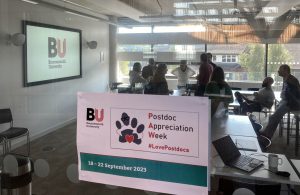
The Postdoc Appreciation Week meet-up
The event offered the opportunity for postdoctoral researchers, their line managers, and research staff from across the university to come together and network, as well as find out more about current postdoctoral research taking place at BU.
The event was opened by Professor Mike Silk, Co-Chair of the Research Concordat Steering Group at BU.
Introducing the event as an opportunity to increase and enhance the visibility of postdoc researchers at BU, he said: “Postdoctoral researchers really are the ones who drive forward the research agenda at any institution.
“They are the lifeblood of my research and career – I wouldn’t be doing what I’m doing without the postdoctoral researchers that I have managed.”
As part of the event, postdoctoral researchers Sina Safari and Anastasia Vayona presented short summaries of their current research.
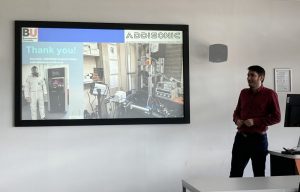
Sina Safari presents his work as part of the ADDISONIC cluster
Sina, a Postdoctoral Research Assistant in Structural Dynamics and Advanced Materials, shared his work as part of the ADDISONIC research cluster, which is looking at how ultrasonic fatigue testing can provide valuable data around how long materials will last.
The work has applications for industry in helping them develop more robust modelling around the lifespan of materials, as well as exploring ways of potentially using less material while extending their life.
Anastasia, a Postdoctoral Research Fellow in Social Science and Policy, spoke about her research exploring greenwashing, wish cycling and the circular economy.
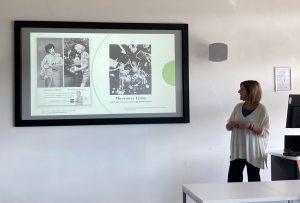
Anastasia Vayona presenting her research into the circular economy
She shared a brief history of the introduction of plastic packaging and the development of a ‘throwaway culture’, which peaked around the 1990s. She also spoke about some of the challenges around recycling – including the responsibility being largely left with consumers, and unclear messaging which leads to recycling becoming contaminated and ended up in landfill.
The event ended with the chance to chat over coffee and cake, and offered a great opportunity to learn more about postdoctoral research at BU and meet some of our current researchers, as well as say thank you for the contribution they make to research at BU. The hope is to hold similar events in future – watch this space!
If you’d like to write a blog post to share your appreciation for our postdoctoral researchers, please contact research@bournemouth.ac.uk. You can also get involved on social media during Postdoc Appreciation Week by using #LovePostdocs and #NPAW2023 on Twitter and Instagram and tagging us @BU_Research or @UK_NPAW.
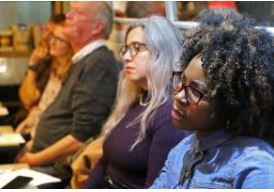 Which events do I need to report?
Which events do I need to report?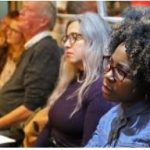
 How can we shape a better future for ourselves and the planet? Join us on Tuesday 5 September 6:30-8pm for an evening of inspiring talks and discussions with postgraduate researchers from Bournemouth University, all currently working towards their PhDs, who will share their insights and perspectives.
How can we shape a better future for ourselves and the planet? Join us on Tuesday 5 September 6:30-8pm for an evening of inspiring talks and discussions with postgraduate researchers from Bournemouth University, all currently working towards their PhDs, who will share their insights and perspectives.
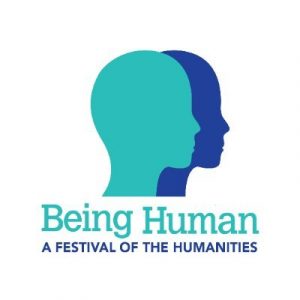
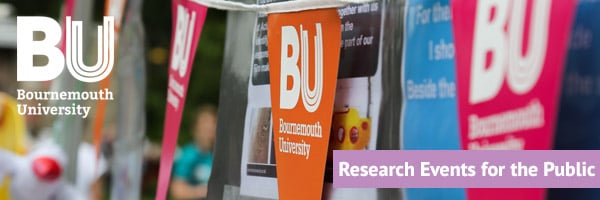

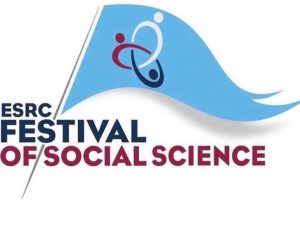 What is the ESRC Festival of Social Science?
What is the ESRC Festival of Social Science?

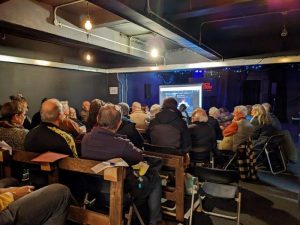 What activities can be included?
What activities can be included?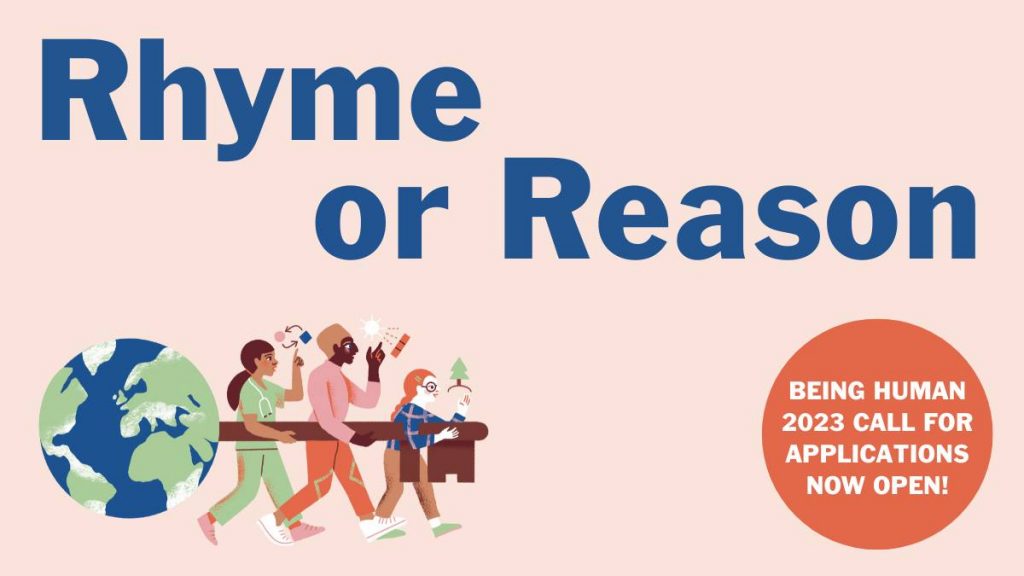
 Pathways
Pathways 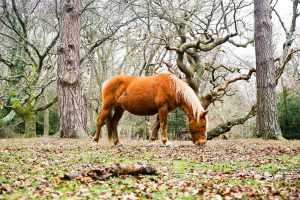 The New Forest is a beautiful and diverse landscape that has been around for centuries. It is home to ancient woodlands, heathlands, wetlands, and a traditional way of life. But it is also under threat from climate change and other factors that are killing its trees.
The New Forest is a beautiful and diverse landscape that has been around for centuries. It is home to ancient woodlands, heathlands, wetlands, and a traditional way of life. But it is also under threat from climate change and other factors that are killing its trees.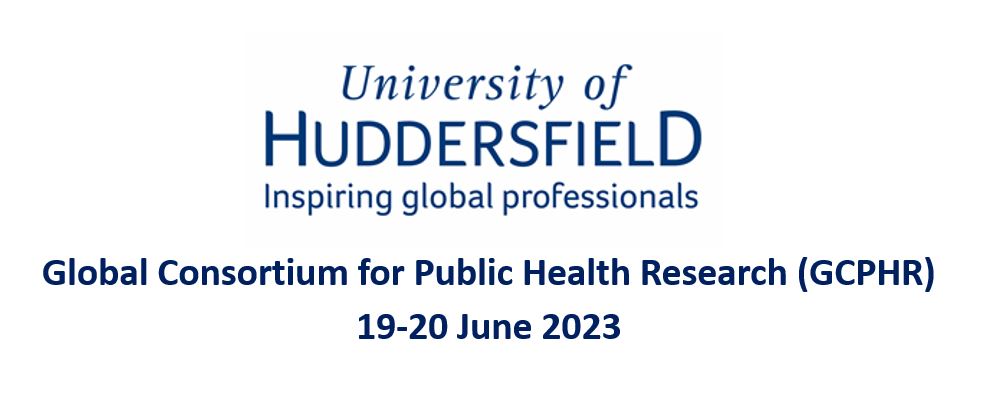
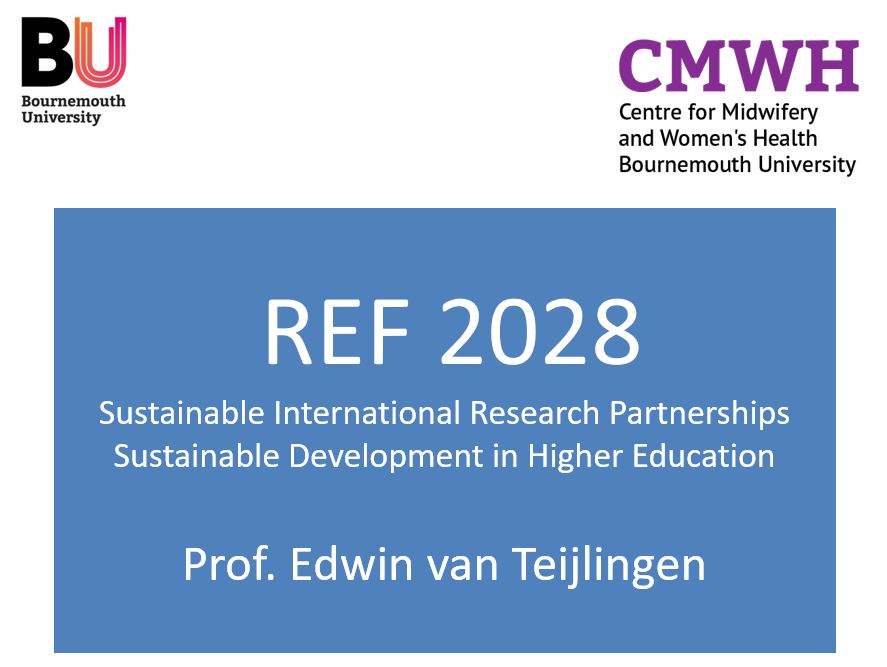
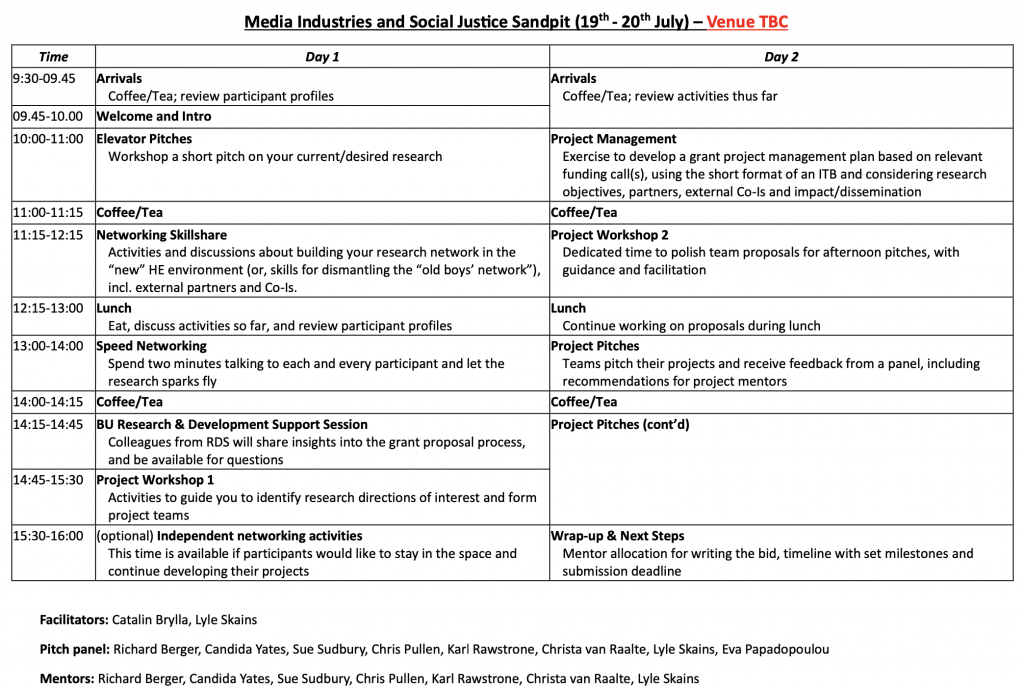
 If you are interested in exploring ways in which AI could be utilised to deliver new or enhanced ways of working,
If you are interested in exploring ways in which AI could be utilised to deliver new or enhanced ways of working,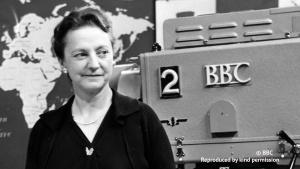











 SPROUT: From Sustainable Research to Sustainable Research Lives
SPROUT: From Sustainable Research to Sustainable Research Lives BRIAN upgrade and new look
BRIAN upgrade and new look Seeing the fruits of your labour in Bangladesh
Seeing the fruits of your labour in Bangladesh Exploring Embodied Research: Body Map Storytelling Workshop & Research Seminar
Exploring Embodied Research: Body Map Storytelling Workshop & Research Seminar Marking a Milestone: The Swash Channel Wreck Book Launch
Marking a Milestone: The Swash Channel Wreck Book Launch ECR Funding Open Call: Research Culture & Community Grant – Application Deadline Friday 12 December
ECR Funding Open Call: Research Culture & Community Grant – Application Deadline Friday 12 December MSCA Postdoctoral Fellowships 2025 Call
MSCA Postdoctoral Fellowships 2025 Call ERC Advanced Grant 2025 Webinar
ERC Advanced Grant 2025 Webinar Update on UKRO services
Update on UKRO services European research project exploring use of ‘virtual twins’ to better manage metabolic associated fatty liver disease
European research project exploring use of ‘virtual twins’ to better manage metabolic associated fatty liver disease